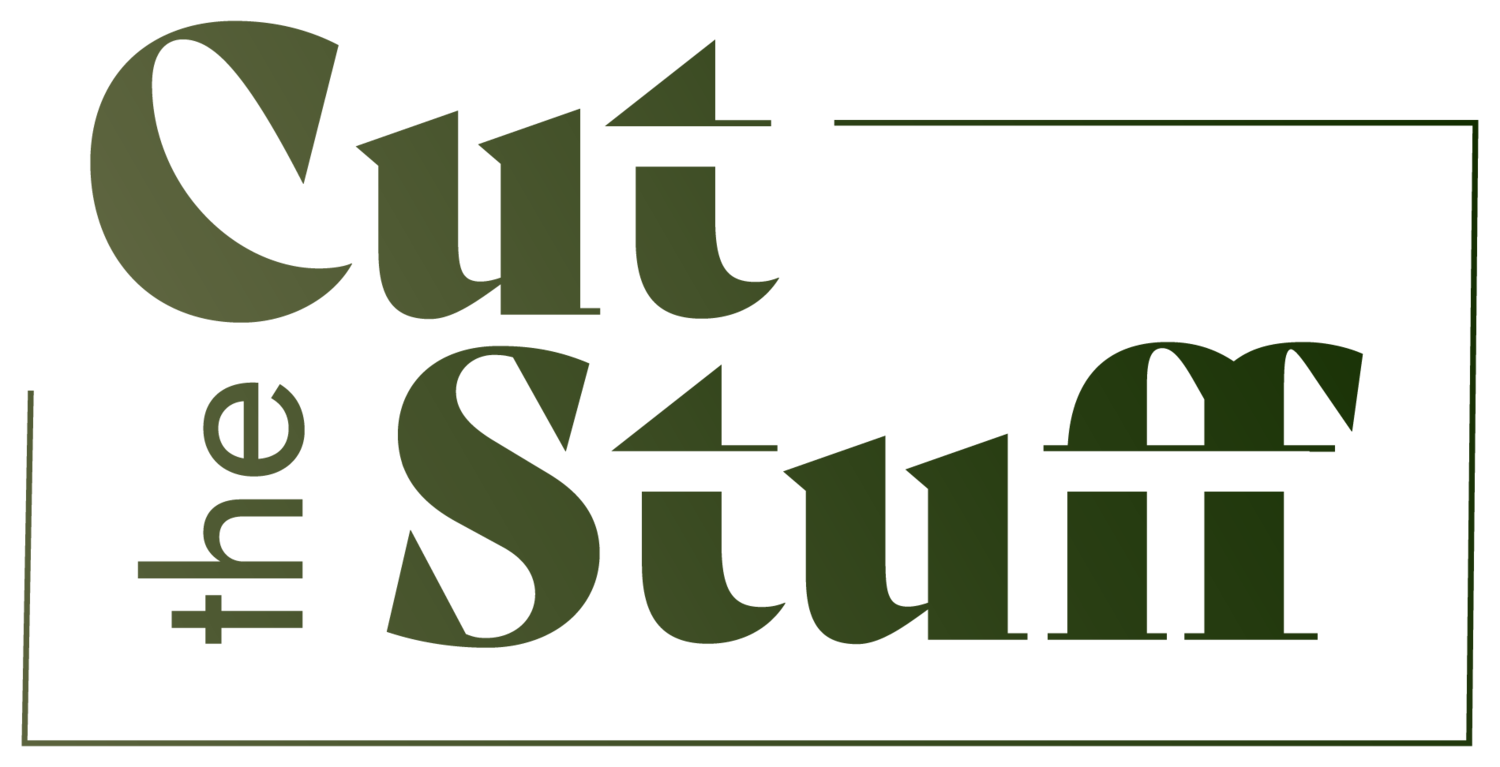Golf is too slow
I’m a COVID golfer. While I was exposed to the delights of the game during the Tiger Woods era, I had never developed more than a passing interest in playing until, well, there was nothing else to do in a global pandemic.
A year later, I’m about as keen as they come. I’m not proud to admit that I’ve had dreams about golf (both good and bad), and have bored anyone who’ll listen to death about my new hobby (bordering on obsession). I’ve read books on the mental side of golf and watched hours of YouTube swing tips. I scour the weather report days in advance and set an alarm on my phone to make sure I can get a coveted tee time at the local club I recently joined.
All of this presents a dilemma. Golf disappoints me daily, and I’m not talking about my own game. The aura of golf, its impression to everyone outside of it and many of us within it, is elitist, behind-the-times, and inexcusable at times. I struggle to defend it and get tired of trying. Golf needs to change, and it needs to happen quickly.
When looked at through the lens of someone who’s not a straight, white man, golf is a very different game. Its flaws and failings are glaring to those of us who’ve been historically excluded and predominantly ignored by the sport. And as we’ve witnessed large portions of society start to embrace a conversation around social and racial injustice, golf has been interminably slow to react and confront its ugly past and present.
““Change very rarely, if ever, happens all by itself” ”
Every time Sergio Garcia contends, I’m reminded of his racist jokes about Tiger Woods. This past week, all of golf fawned over Jack Nicklaus at his Memorial Tournament, a man who gave his full-throated support to Donald Trump. June is Pride Month, which serves as a reminder that Justin Thomas was caught on TV using a homophobic slur just months ago for which he has made no tangible amends. The “debate” about hoodies on the golf course lacks any context or awareness of the politicisation of them in society and instead becomes a light-hearted discussion about fashion.
Unfortunately, these things barely register a blip in traditional golf media, which tends to reflect its white, male, and stale audience. And when compared to the actions of Man Utd and England footballer Marcus Rashford, and the commitment of the entire England team to protest racial injustice despite being booed by their own fans, I’m ashamed that multimillionaire professional golfers with huge platforms and followings don’t feel the same weight or responsibility to join the conversation.
The good news is, I’m not alone in feeling this way. Beyond the pervasive image of country club snobbery and frat boy misogyny, I’ve discovered an amazing, universal game out there. Instagram is an amazing resource for trick shots and tutorials, Black-owned apparel companies like Eastside Golf and Trap Golf, and fellow golf obsessives expressing their joy for the game in exciting and different ways.
When I think about what attracted me to golf, I see a game that is fascinating, stimulating, and most importantly, inclusive – it’s literally built into the rules of handicapping. Which only adds to my frustration at how a game that offers such a variety of experiences to those of all ages, abilities, and interest levels has managed to screw up its appeal in so many ways.
Don’t get me wrong: I’m not suggesting that change isn’t hard. But then again, so is golf! And there we all are, week in week out, rain or shine, grinding out pars and bogeys. And golf is by no means impervious to change. It proved it could adapt overnight to the pandemic circumstances, and now it faces a choice of whether it’s willing to change to include the millions of golfers who want to feel part of it.
At my club, there’s a sign in the locker room, which reads, in very large font: “Slow Play is a Curse.” It’s a strong statement: unequivocal in its claim, almost provocative in its tone. It goes on to encourage “all of us to do our part.” It recognises, in no uncertain terms, that change very rarely, if ever, happens all by itself.
I’m not asking for things to change overnight. Much like the adage that golf is a metaphor for life, I’d be content with incremental improvement trending towards progress. But change has been far too slow in coming and has to start somewhere.
We'd love to hear from you about experiences with golf - do you feel like the game does enough to reach out beyond its traditional audience or to welcome you? Share your thoughts with us in the comments or across social media with #BehindTheTour.
Follow us on Twitter | Facebook | Instagram
#BehindTheTour
Introducing The Cut Stuff - #BehindTheTour


